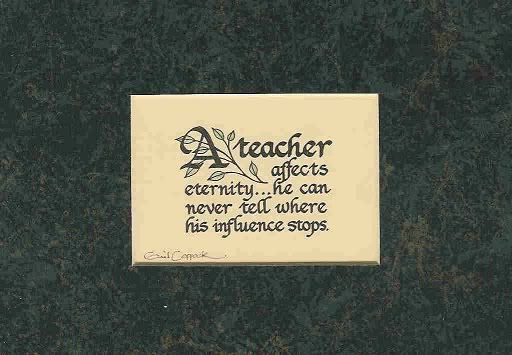This Is How We Dream, Parts One and Two is a speech given by Dr. Richard Miller. He speaks of restrictions we place on ourselves with technology, the possibilities therewith, and the ways in which we can utilize technology to better our creative output and writing. Dr. Miller talks about how he is currently learning about new technologies.
He states in the beginning of part one that books are rarely used now. He has written a book and even realizes that it can be bought for less than a dollar on amazon. The goal of learning how all these technologies work can give voice to students' dreams. The technology allows us to articulate dreams and share them. These idea driven web documents can show the world what the university is for. It's there for ideas.
Once, a long time ago, there were scholars. These students paid nothing to learn and teachers got paid nothing to teach. Rather, in days such as I speak people wanted to pass on new ideas and innovations as a gift, a pleasure, to themselves and each other. I wish today monetary feedback wasn't so important. I wish we could learn these technologies because we were driven by an internal desire to know it ourselves and not because we simply had to for an assignment. The university is there for people who want to learn, it shouldn't be used by people simply because they think the have to learn.
In
The Chipper Series I saw something I've realized is quite common among college dropouts. They typically shuffle from job to job after dropping out and finally realize they should have never quit college to begin with. The main character, Chipper, is a procrastinator and doesn't seem to want to show up for class or do her work on time. After she drops out, these characteristics stick with her on the job. She gets fired from several of her jobs and finally decides she'd like to put forth the effort to get her master's degree.
The
EDM 310 for Dummies video was interesting. I think the way the characters acted is probably very similar to the way I felt the first couple of weeks of class before I fully understood where I went for my assignments and where to post them and other basic needs of the class. I think the idea of a book for the class might be a good idea for those people who feel overwhelmed and I think the video was cute.
If I were to do a video about EDM 310 it would, obviously, be about where to look for your assignments and where you post about them. My video would focus more on how you get started. That was the hardest part for me. Another thing I would include in the video is managing time. I must admit, I'm a big procrastinator, but every Sunday I devote simply to church and homework. I know at the end of every weekend what hasn't been completed prior has to have time set aside for it. I would definitely tell incoming EDM students to set aside a day like this where they get their homework done no matter what.
While reading
Why Smartboards Are a Dumb Initiative I don't think I could agree more. In high school my teachers were all getting these 'Smartboards' as they call them. But what, really, was the purpose of them? It caught half the class' attention simply because it was technology and they wanted to write on the screen without using ink. Set that aside though, and how is it different from a whiteboard? (This is excluding, of course, the price tag.) I, personally, never got hyped up over the idea of walking up to the board and getting drawn into the curriculum because of it. Sure, if it helps the students learn, then I say 'Go for it', but in my experience this wasn't really the case.
Why I Hate Interactive Whiteboards seems to carry the exact same views on the matter as did
Why Smartboards Are a Dumb Initiative. I found a different view of smartboards online at: http://www.ehow.com/about_6635274_can-board-beneficial-students_-learning_.html Here it is basically explaining that smartboards are useful in the classrooms because children are technology savvy and can figure them out and because it allows students to participate more in the lesson. I must say I still agree more with the two arguments given by Dr. Strange. What do teachers today do with a smartboard that cannot be done with a projector or whiteboard. Nothing worth a few thousand more dollars, I can assure you.
